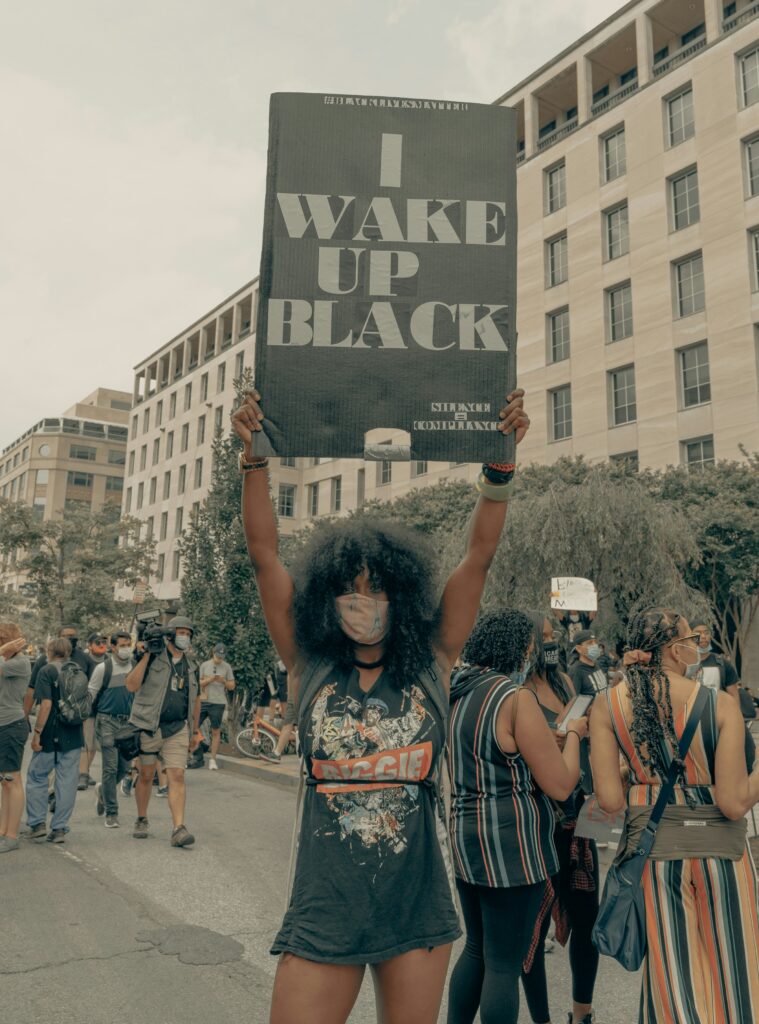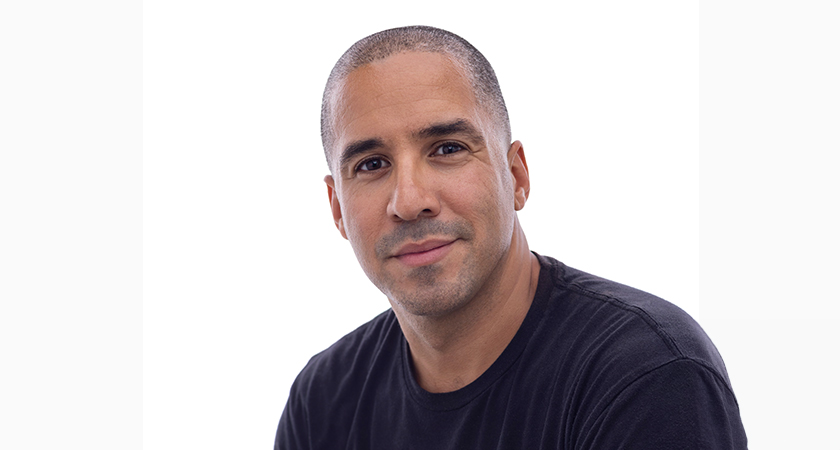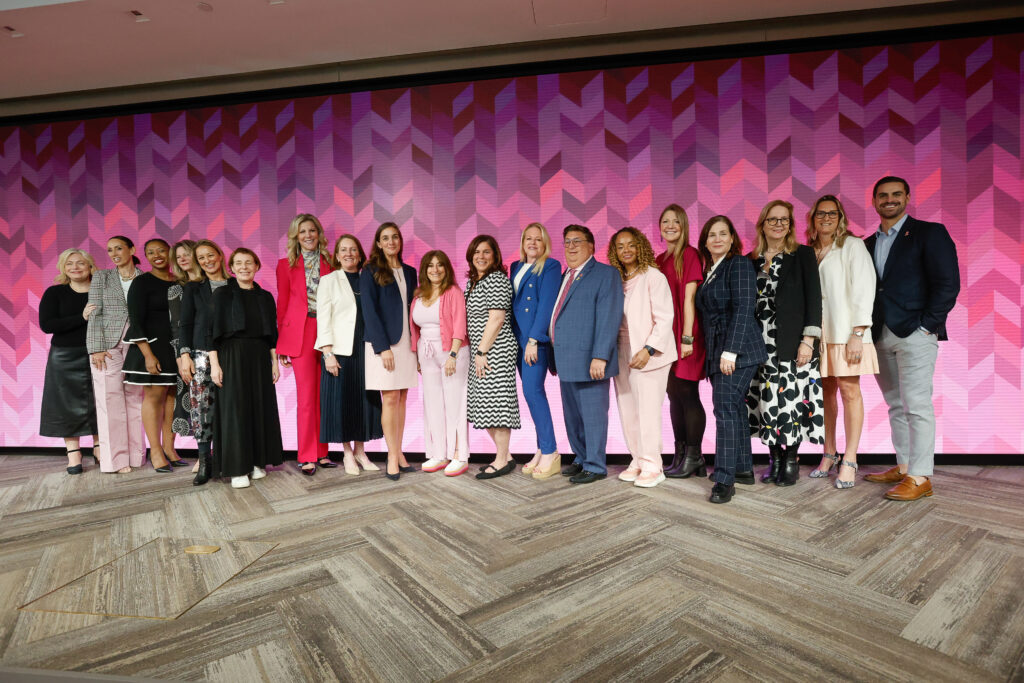The celebration of Black History Month started in 1926 as Negro History Week by Carter G. Woodson. He, along with Jesse E. Moorland, founded the Association for the Study of Negro Life and History (ASNLH). It is known today as the Association for the Study of African American Life and History (ASALH). They chose the second week of February to coincide with the birthdays of Abraham Lincoln and Frederick Douglass to celebrate Negro History Week.
The event inspired schools and communities nationwide to organize local celebrations, establish history clubs, and host performances and lectures. Eventually, mayors of cities across the country began issuing yearly proclamations recognizing Negro History Week. By the late 1960s, thanks in part to the civil rights movement, Negro History Week had evolved into Black History Month on many college campuses.
In 1976, it became an official monthlong celebration, recognized by President Gerald Ford. He called upon the public to “seize the opportunity to honor the too-often neglected accomplishments of Black Americans in every area of endeavor throughout our history.” Source: history.com

In recognition of Black History Month this year, we asked some Quigley-Simpson employees to share their thoughts on Black history and culture.
Rose Bush: Since Black history is made every day, there is no need to limit education and awareness about it to the shortest month of the year. I would like to see the day when we share stories of Black history beyond February and ingrain the lessons we learn into our everyday lives.
What does Black Excellence mean to you?
T’ana Rose (TR): Black excellence to me is celebrating the many accomplishments of Black people and what we’ve contributed to society.
Appreciating and acknowledging those that came before you. There is so much beauty in our history, and there is no better way to honor it than by truly taking the time to understand it. Taking all of the accomplishments that those before us have achieved and continuing to build on top of them is the root of what Black excellence is founded on.
The second thing is having a sense of identity and having the courage to be yourself. I think that so often, it is made to seem that who we are is not enough, especially as Black people. Having the courage and not being afraid of showing the world who you really are and what you bring to the table is the highest form of Black excellence.
Brionna LaGrone (BL): Black excellence embodies the celebration and resilience of Black people and their contributions to society. While being recognized is great, and I am very proud of all we have accomplished, I also recognize that the term “Black excellence” can also feed into the stereotype that Black people have to work harder than their counterparts to receive that recognition.
Ben Hinson-Ekong (BHE): The term Black excellence is subjective and can mean different things to different people, but at its core, it is a term often used to celebrate and acknowledge the outstanding achievements, contributions, and successes of Black individuals across various fields, including education, business, science, arts, and more. It emphasizes the resilience, determination, and positive impact of Black individuals who have overcome historical and systemic challenges to achieve excellence.
Paula Denkins (PD): Perseverance beyond society oppression and the statistics while uplifting Black communities. Being exemplary to the future Black generations for empowerment, wealth, and self-love.
What is something you’re proud of in your own family history or Black history in America?
TR: I’m super proud of my late Grandma Clara Jean. She was a single mother who worked at General Motors for 30+ years and was very active in her community. She volunteered her time by serving on various boards and committees and was dedicated to making her neighborhood, which is considered a high-crime and poor economic area, a better place for its residents.
JK: Something I’m proud of in our culture as a whole is the way that we are able to branch out and not be monolithic. Black people have had a successful hand in every single thing in this country and in the history of the world. Whether that be the arts, entrepreneurship, science, and anything else you can think of. We have had a part in furthering and advancing the world as a whole. And it makes me proud that, when given the opportunity, we take full advantage.
BHE: Seeing the progress and success of the Black community is inspiring and reinforces my belief that determination and excellence can come from anyone, regardless of race. Black History Month is a great time to celebrate achievements and revisit history, but we shouldn’t limit it to just one month. Black history is American history, and we should continue to celebrate and learn about the many diverse contributions all year long. It’s not about ignoring other histories; it’s about creating a more inclusive and fairer story that embraces the richness and diversity of America’s past.
PD: I am proud of our representation, a seat at the table, striving to be inclusive of all sectors of life.
Black people have had a successful hand in every single thing in this country and in the history of the world.
What is a stereotype you wish you could change?
TR: A stereotype I wish I could change is the idea that Black people are less qualified and talented than their white counterparts because of Affirmative Action. Affirmative Action is a set of procedures to eliminate unlawful discrimination of Blacks. It is not a law that gives opportunities to Blacks who are less qualified than white candidates.
JK: If I had the chance to change anything, I’d choose to change a narrative around Black women, specifically. I believe that the trope of Black women having to be strong is very dismissive, and I think it is unfairly placed on a large demographic of people that did not ask for that to be the case. I think that we, as a community, need to do a better job of protecting and standing up for our women so that they don’t have to be perceived as being so strong all the time. Everybody deserves to have a safe haven within their chosen community, and I think that projecting this stereotype leads to the trials and tribulations that Black women go through to be overlooked and not taken as serious as they should.
BHE: One negative stereotype is the idea that people of color, especially in America, lack technical competence or leadership skills. It’s a harmful belief that, unfortunately, influences how some individuals are treated in organizations that resist diversity and inclusion. It also influences recruiting and hiring decisions in many companies. In my own journey, I’ve faced these stereotypes, but by actively engaging in diverse environments, I’ve been able to prove that competence knows no racial bounds. I’ve had the opportunity to lead teams, work on impactful projects, and contribute to the development of innovative solutions. It’s a reminder that everyone, regardless of their background, has unique skills and potential to offer.
PD: Discrediting Black intelligence or discrediting knowledge. (How do you know that or where did you get that from?)
Is there a Black artist, performer, author, Black-owned business, or icon you want to give a shout out to? Preferably one that doesn’t get the visibility or recognition they deserve?
TR: Nancy Twine, CEO and founder of Briogeo® Hair Care is the youngest Black woman to launch a line at Sephora. Briogeo is one of the top-selling clean hair care brands made for all hair types and textures. Nancy was working in finance at Goldman Sachs but took a risk and started her own business, which is extremely motivational. To read more, see article
JK: It is hard to narrow it down to one person, but I think small community leaders deserve a lot of attention and recognition that they don’t get. Anybody that has a hand in touching the youth deserves endless rounds of applause because I think, sometimes, we forget how meaningful it is to have a positive impact on the next generation. So shout-out to all the teachers, educators, sports coaches, club leaders, and anybody else that has a direct impact on the kids.
BL: My favorite Black-owned brand is W | by Crystal White. Crystal White is a Detroit native, and as she was adopting a healthier lifestyle she wanted to feel comfortable but stylish at the same time, prompting her to start her own athleisure brand in 2020. Since then, she has expanded her collection and has seen great success.
BHE: I think it’s cool to see how Curtis Jackson (aka 50 Cent) has successfully transitioned from a rap star to a media mogul. Shout-out to 50!
PD: Robert F. Smith is a venture capitalist who is worth $9.2 billion dollars. He’s a pioneer of supporting Black education and teaching Black students wealth management.
Brittany Johnson: An icon that deserves more recognition is Thomas Sowell. He is a renowned economist, author, and social commentator. His economic theories, in relation to the Black community, highlight the importance of being self-sufficient and taking personal responsibility for our circumstances, with an emphasis on how we can use the free market to our advantage. I would highly recommend his bestseller Basic Economics. He is great at taking really complex ideas and laying them out in a clear and accessible way that can turn even a seemingly dull topic into an enjoyable read.






